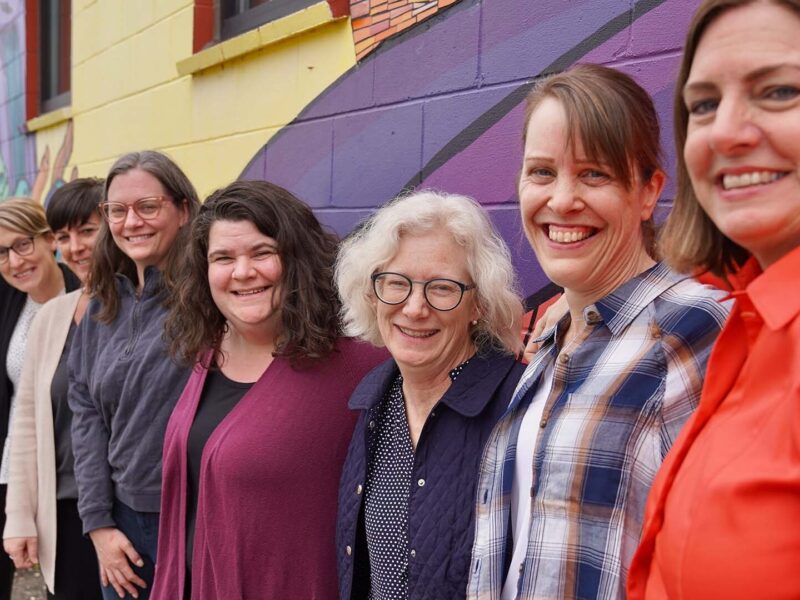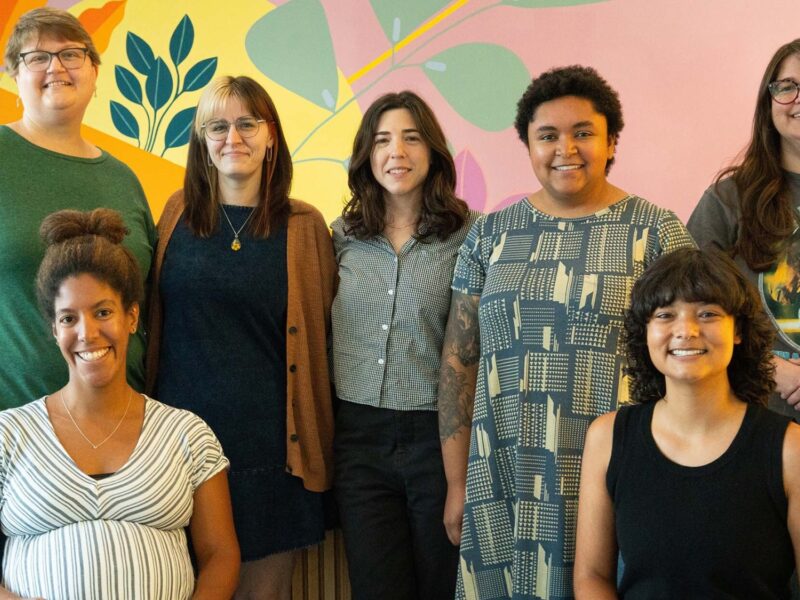Learn how to steward donor advised fundholders to sustain your organization in part two of our nonprofit guide to dafs.
Donor advised funds (DAFs) have become popular giving tools, which may naturally lead nonprofit leaders or organizations to question how or if they should cultivate relationships with donors who have DAFs.
In the second part of our three-part series, we will share some guidance on how you can work more effectively with DAF holders to support your organization.
Steward DAF Holders as You Would Any Donor
The first thing to keep in mind is that people with a donor advised fund are just like any of your other donors who give directly to your nonprofit. Even though the gift legally comes from an entity, such as a community foundation, the individual and/or family are still the ones making the recommendation.
“The nonprofit should steward those donors just as if they had written the check directly or if they had submitted a credit card donation online,” said Philanthropic Advisor Heidi Tieszen.
Donors want to feel connected to the nonprofits they support, and sometimes that can be as simple as a “thank you” for their gift. When you cultivate a relationship with an individual or family that has a DAF, more often than not they will be more than a one-time donor.
“A number of years ago, we had a donor advised fundholder who recommended a decent-sized grant out of their donor advised fund to Three Rivers Park District, and they wanted it to be anonymous,” Senior Vice President of Philanthropic Services Jeremy Wells said. The organization still wanted to write a thank you note and send it. So they wrote a letter that Jeremy passed along to the donor.
“The donor who recommended the grant got back to me and said ‘I’ve received dozens of letters over the years, but this was the most personal and powerful one that I received,’” said Jeremy. “And the board chair wrote it without even knowing who the donor was. That thank you letter motivated them to become regular donors to Three Rivers Park District.”
Talk to Donor Advised Fundholders About Planned Gifts
Donors know the issues and causes they care about. It is rare that a donor opens up a DAF without having some idea of what they’d like to support. And donors who know their giving priorities are usually looking for a more efficient way to support multiple organizations. This can include listing their favorite nonprofits as beneficiaries of their fund upon their passing.
“Having a donor with a DAF is a planned giving opportunity staring you straight in the face and most organizations don't realize that,” Jeremy said.
“If someone passes and there is a corpus left in that donor advised fund, the residual has to go somewhere, so organizations should be having conversations with those individuals about what happens in those instances. If you're getting grants from donor advised funds, you should be talking to those individuals or families about what happens at the end of the lifetime of that donor advised fund.”
Communicate Your Organization’s Knowledge of Accepting DAF Gifts
When listing ways to give to your organization, include DAFs along with how to mail a check or make an online donation. A donor advised fundholder may be able to make a larger gift if they know your organization can receive DAF grants. Also, listing your charitable status, like 501(c)(3), and EIN number visibly on your website can help the DAF organization to quickly confirm your nonprofit is eligible per IRS regulations.
While DAFs can be a great giving tool to support your organization, they should not be used to fulfill a pledge. Donors are also prohibited from using a DAF for any sponsorship such as a gala table or a foursome at a golf tournament or purchasing auction items at an event. Essentially, anything that isn’t 100% tax deductible is not allowed.
“Instead of a pledge, donors can express a non-binding intention to recommend multi-year grants from their donor advised fund,” said Heidi. “They need to be clear with the nonprofit that the grants are subject to the approval of the organization that holds the DAF. We often work together with fundholders and nonprofits on the best way to achieve everyone’s goals and align with IRS regulations.”
Donor advised funds are the fastest-growing charitable giving vehicle in the country, which means that many of your donors already have them and a growing number of your donors will have them in the coming years. Showing your knowledge about DAFs and your receptiveness to receiving those grants can only increase the funding you will receive in the future.
Ultimately, there is more to be gained than lost by stewarding relationships with donors who have DAFs. Catering to this audience can not only increase your number of potential donors but the financial longevity of your organization.
In our next and final piece of our nonprofit guide to donor advised funds series, we look at five little known and sometimes misunderstood facts about DAFs.
The Saint Paul & Minnesota Foundation does not provide tax, legal or accounting advice. Please consult your own tax, legal and accounting advisors regarding your individual situation before engaging in any transaction.










